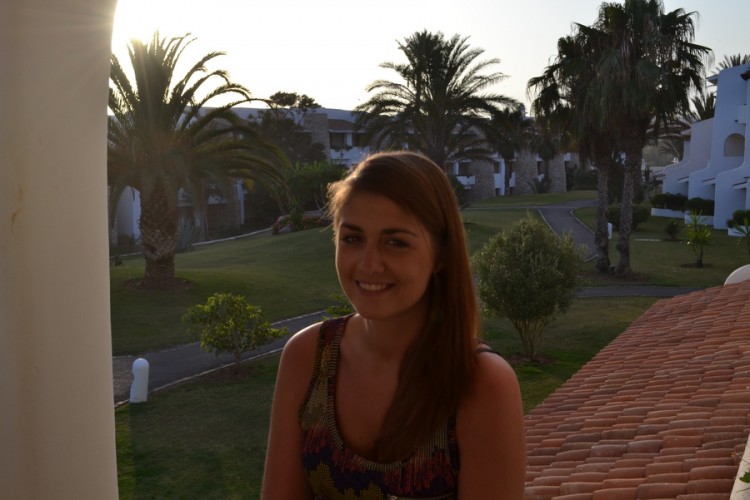When People Ask If Working With Children With Special Needs Is ‘Sad'
Ever since I was young, I have always wanted to work with children with special needs. So after college, I accepted a job with Barnardo’s Family Link in the U.K., which provides domiciliary care for children and young people with severe disabilities and complex health care needs. I’ve been in this job for a year now and absolutely love it. I can’t imagine doing anything else. The children and families I work with are incredible, and they teach me so much every day.
But when I talk to other people about my job, I always get the same question: “But isn’t that really sad?” I tell them a bit about the children I work with, but they only seem to grasp the fact that the majority of them can’t walk or talk, are completely dependent on caregivers for all of their needs and many are not expected to live into adulthood.
Unfortunately, people get caught up on this and don’t hear the other things I say about the children. Even though they face massive challenges, these children are happy and can still have fun like any other child; they just need a bit of extra help. That’s what I aim to do in my job; I provide extra help to allow them to access the same activities as their typical peers, albeit in a slightly different way. With that help and sometimes a few adaptations, they’re able to just be kids.
So that’s what my job means to me. I have the privilege of supporting children who face such huge challenges that most of us couldn’t even imagine on a daily basis. They can take some time away from medical procedures, appointments and therapies to enjoy their childhood and just be kids.
Knowing that I’ve helped give children that release and put smiles on their face makes all of the harder aspects of the job — seeing them in pain or watching their tiny bodies overcome with seizures — a little easier to cope with. And if I only had a smile from one child once a year, it would still be completely worth it. And so when people ask me if my job’s sad, I ask them, “Why would it be?”
Because these children aren’t their conditions, and they’re not the medical procedures or medications they take every day. These children aren’t their disabilities — they’re children. Children perfectly capable of happiness, joy, excitement and love, and none of that is sad.

